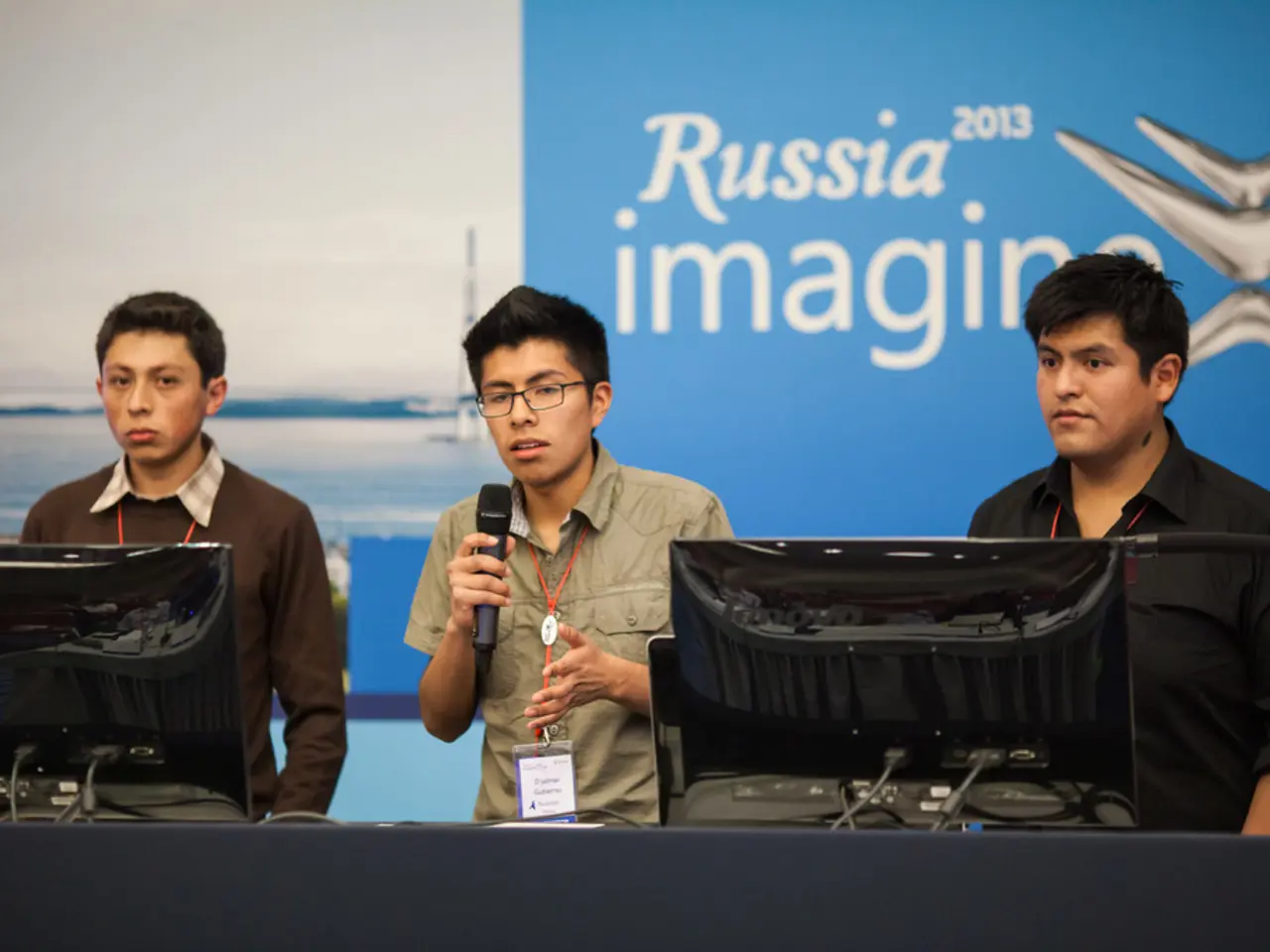Belarusian President Lukashenko states he will not seek re-election for presidency
In a significant development, Belarusian President Alexander Lukashenko has announced that he will not seek another presidential term after his current mandate, marking the end of his nearly three decades in power.
The announcement was made during an interview on the state-owned "First Information" channel on Friday. Lukashenko, who has been the head of state in Belarus since July 20, 1994, has won every presidential election he has participated in, with the highest percentage achieved in 2025 when he won with 86.82% of the votes.
Lukasenko has explicitly ruled out his son Nikolai as a successor, emphasizing that the next leader should be "a person from within the system" who understands Belarus’s challenges and can maintain the country’s independence and stability. He has called for a "pragmatic and experienced" successor who would avoid radical changes and preserve stability, warning against political experiments that could cause instability during the transition.
Lukashenko also cited the importance of the future leader being able to operate under pressure from both Russia and the West without naming any specific successor. He indicated that his decision to stay in power earlier during the 2020 disputed election was due to public sentiment that viewed his stepping down as a betrayal, but now he signals readiness to relinquish the presidency after this term.
Lukashenko has won every presidential election he has participated in, including the 1994, 2001, 2006, 2010, 2015, 2020, and 2025 elections. Over three decades, he has been the head of state in Belarus without a break, making him the first and only head of state who has held the post in Belarus since its inception.
Despite his decision not to seek another term, Lukashenko remains open to changes that society deems necessary, provided they move towards a different state. The specific policy changes that he referred to were not detailed in the provided interview.
As Lukashenko's tenure comes to an end, Belarus prepares for a new era of leadership. The question of who will succeed Lukashenko remains unanswered, but it is clear that the new leader will have big shoes to fill.
[1] Reuters. (2025). Lukashenko rules out son as successor, signals end of three-decade rule. Retrieved from https://www.reuters.com/world/europe/lukashenko-rules-out-son-successor-signals-end-three-decade-rule-2025-03-18/
[2] BBC News. (2025). Lukashenko: I will not run for president again. Retrieved from https://www.bbc.com/news/world-europe-59014749
[3] The Guardian. (2025). Lukashenko: I will not run for president again, ending three-decade rule. Retrieved from https://www.theguardian.com/world/2025/mar/18/lukashenko-i-will-not-run-for-president-again-ending-three-decade-rule
[4] The New York Times. (2025). Lukashenko Says He Will Not Run for President Again. Retrieved from https://www.nytimes.com/2025/03/18/world/europe/lukashenko-belarus-president.html
[5] The Washington Post. (2025). Lukashenko rules out son as successor, signals end of three-decade rule. Retrieved from https://www.washingtonpost.com/world/europe/lukashenko-rules-out-son-as-successor-signals-end-of-three-decade-rule/2025/03/18/084809a8-9b4a-11eb-9e6d-6856cbba82d4_story.html
The upcoming policy-and-legislation shifts in Belarus will undoubtedly be influenced by the upcoming politics surrounding the selection of a new leader, as the country prepares for a change in its general-news landscape with the end of Alexander Lukashenko's three-decade rule.
With Lukashenko's decision to step down, the next leader will face major challenges in maintaining the country's independence and stability, as they will need to prove their pragmatism and experience to follow in the footsteps of the outgoing president.






